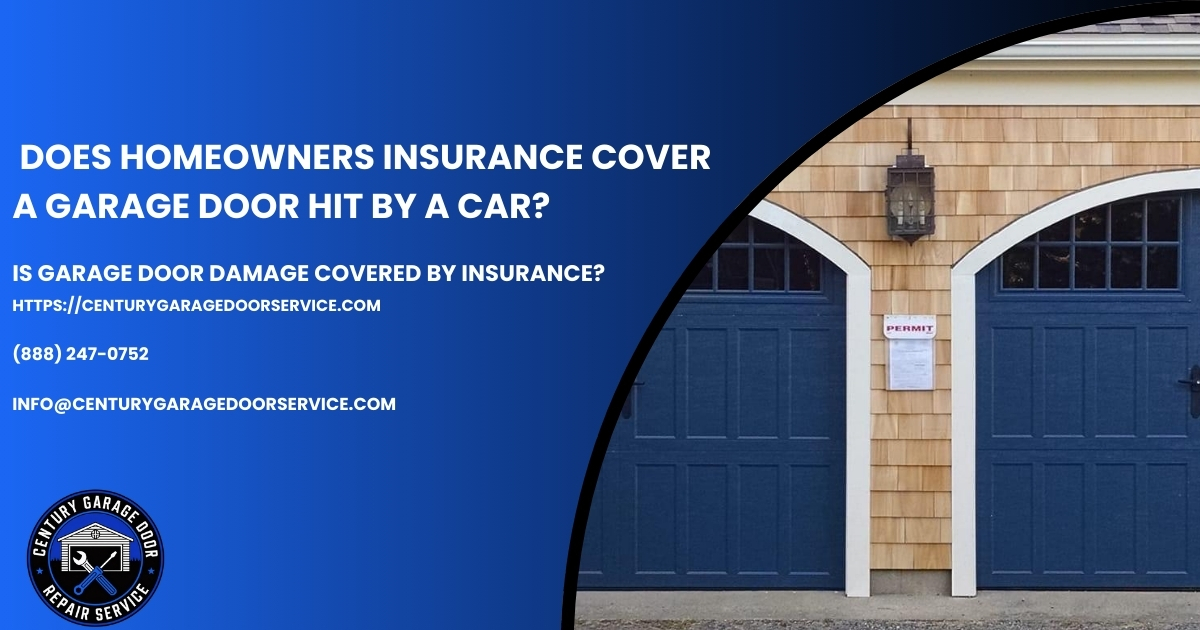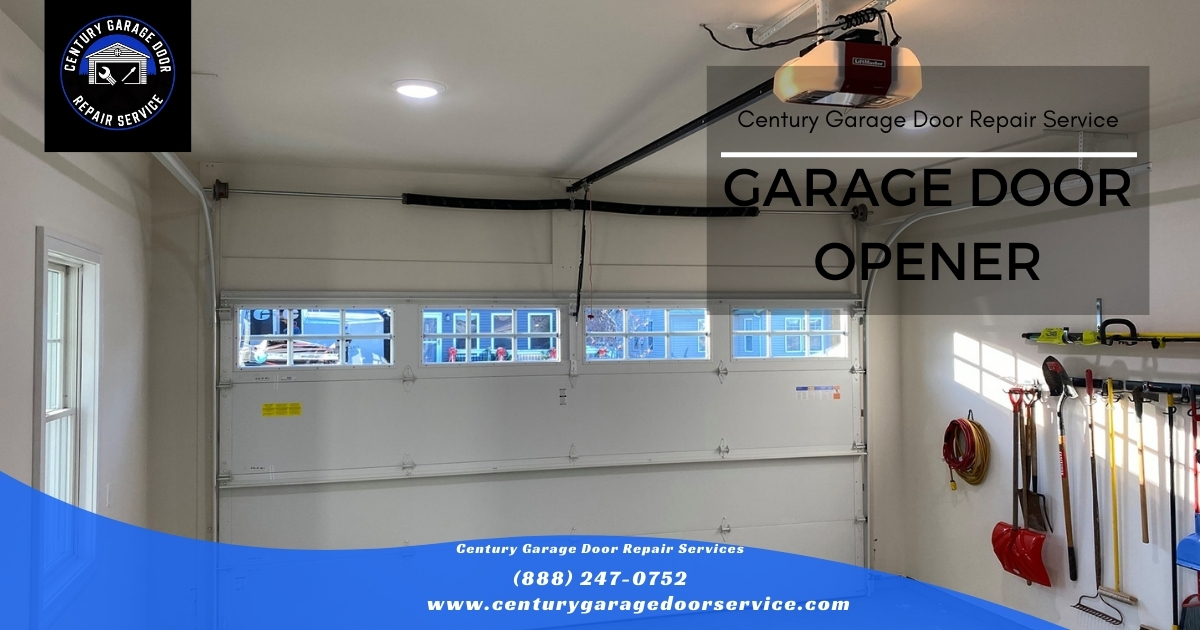Introduction
Your garage door is more than just an entryway; it's a pivotal component of your home that provides security, convenience, and curb appeal. Yet, like any mechanical device, garage doors require regular maintenance to function efficiently and avoid costly repairs. In this guide, we’ll explore how to avoid costly repairs with comprehensive tips on maintaining your garage door. From understanding the types of damage that may arise to knowing whether insurance can cover certain repairs, we've got you covered.
How to Avoid Costly Repairs: Maintenance Tips for Your Garage Door
Understanding Common Garage Door Problems
Garage doors are susceptible to various issues that can escalate quickly if not addressed promptly. Some common problems include:
- Damaged Panels: Weathering can cause panels to warp or become dented. Malfunctioning Opener: A faulty garage door opener may lead to unreliable operation. Broken Springs: Garage door springs bear the weight of the door and can wear out over time.
By recognizing these issues early, homeowners can schedule timely garage door service and prevent extensive repairs.
Regular Inspections: The Key to Longevity
Conducting regular inspections is crucial for identifying potential problems before they escalate. Here's how you can do it:
Visual Inspection: Check for visible signs of wear and tear on panels, tracks, and springs. Functional Test: Open and close the door several times to ensure smooth operation without any strange noises. Check Safety Features: Ensure that safety features like auto-reverse mechanisms are functioning correctly.Lubrication: Keeping It Smooth
Proper lubrication is essential for the seamless operation of your garage door components. Follow these steps:
- Use high-quality silicone spray or lithium grease on all moving parts, including hinges, rollers, and tracks. Avoid using WD-40 as it’s too thin and won’t provide long-lasting protection.
Regular lubrication minimizes friction and wear on parts, prolonging their lifespan.
Tighten Loose Components
Over time, screws and bolts may loosen due to vibration from the opening and closing mechanism. Regularly check:
- Hinges Track brackets Spring mounting hardware
Tightening these Century Garage Door Repair Service Garage Door Repair components ensures optimal performance and reduces the risk of sudden failures.
Weather Seals: Protecting Against Elements
Weather seals help protect your garage from rain, wind, snow, and pests. Inspect them regularly for cracks or detachment:
Replace worn weather stripping around the bottom of the door. Check side seals for gaps that could let in drafts or water.Maintaining effective weather seals enhances energy efficiency while preventing moisture-related damage.
Garage Door Opener Maintenance
A functional garage door opener is vital for convenience but requires its own set of maintenance practices:
- Regularly test remote controls; replace batteries as needed. Clean the opener's sensors using a soft cloth; dirt buildup can impair functionality.
If you notice persistent problems with your opener despite maintenance efforts, consider professional garage door opener repair services.

Is Garage Door Damage Covered by Insurance?
Many homeowners wonder if their insurance covers damages caused by accidents—like when a car hits a garage door. Typically:
Does homeowners insurance cover a garage door hit by a car? Yes! Most standard homeowner policies will cover damages if they result from an accident or storm-related incident but always check your specific policy details for limitations.
The Importance of Professional Installation
When installing a new garage door or opener, professional installation is crucial to avoid future repairs caused by improper fitment or alignment issues. A reputable garage door company will ensure:
- Correct sizing according to your space Proper alignment of tracks Safe installation practices
Investing in professional installation saves money in the long run by ensuring longevity and functionality.
Garage Door Spring Repair: When You Need Help
Garage door springs experience significant stress during operation—leading them to break after years of use. Here’s what you should know about spring repair:
Types of Springs:- Torsion springs (mounted above the door) Extension springs (located along the sides)
The Role of Garage Ventilation in Maintenance
Good ventilation in your garage helps regulate temperature and humidity levels—preventing rust accumulation on metal components. Here are some tips:
Install vents near windows or doors if necessary. Consider using exhaust fans during extreme weather conditions.Proper airflow helps keep your garage dry while extending the life expectancy of your garage equipment.
Cleaning Your Garage Door: A Simple Step Towards Longevity
Regular cleaning keeps your garage looking good while protecting it from elements that could lead to corrosion Century Garage Door Repair Service or rust:
Use warm soapy water for cleaning painted doors; avoid abrasive materials. Rinse thoroughly after washing to remove soap residue that could attract dirt.Cleaning not only enhances appearance but also allows you to spot potential damage early on!
Signs You Need Immediate Garage Door Repair Services
While routine maintenance can stave off many issues, some signs indicate immediate professional attention is required:
- Unusual noises (grinding or scraping) during operation The door does not fully open or close Visible warping or structural damage
Address these signs promptly by contacting reliable century garage door repair services in your area!
FAQs About Garage Doors
1. What should I do if my garage door won't open?
First, check if there’s power supply; then inspect for obstructions along tracks before contacting a professional service provider if troubleshooting fails.
2. How often should I lubricate my garage door?
It’s advisable to lubricate moving parts every six months as part of routine maintenance.
3. Can I replace my own broken springs?
Replacing broken springs requires specialized tools & knowledge due to safety risks involved; hiring professionals is recommended.
4. How long should my garage door last?
With proper maintenance, a well-built wooden or steel garage door can last about 15–30 years!
5. Is it necessary to paint my wooden doors regularly?
Yes! Regular painting protects against weather exposure & extends lifespan while maintaining aesthetic appeal.
6. How often should I schedule professional inspections?
An annual inspection by a qualified technician ensures all systems are functioning properly & safely!
Conclusion
Maintaining your garage door doesn’t have to be overwhelming! By following these straightforward maintenance tips outlined in "How to Avoid Costly Repairs: Maintenance Tips for Your Garage Door," you'll keep this essential component functioning smoothly while significantly reducing chances of expensive repairs down the line! Remember—the key lies in consistency through regular inspections coupled with timely professional assistance whenever required!

